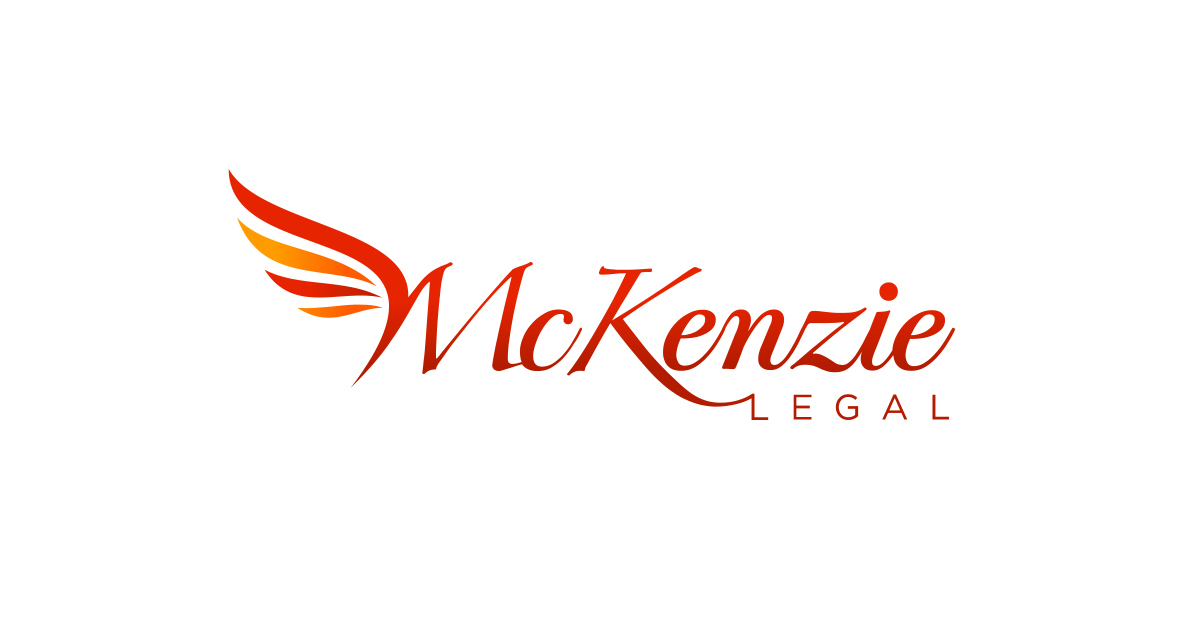This blog is provided by NCASS partners McKenzie Legal. Welcome aspiring caterers and culinary experts! If you’re here, you’re probably ready to turn your dreams into a thriving business or are reviewing your current business set-up to make sure it delivers on the goals you have set. Before you start imagining packed events and rave reviews, let’s dive into the not-so-glamorous but absolutely essential legal steps you need to take to set up a successful and thriving catering business.
- Choose Your Business Structure: Sole Trader, Partnership, or Limited Company?
Like choosing between a tempting starter, a satisfying main, or a luxurious dessert, picking your business structure is crucial:
- Sole Trader: Simple and straightforward. You run the show and keep all the profits, but you’re also personally responsible for any debts. Imagine being the head chef, cashier, and cleaner all rolled into one!
- Partnership: Share the workload and the profits with a partner. However, be aware that liabilities are shared too, therefore it’s essential to have a partnership agreement in place to avoid any confusion further down the line.
- Limited Company: A separate legal entity with its own liabilities. This can be more tax-efficient and adds credibility but be prepared for more paperwork. Think of it as having a whole restaurant team backing you up and supporting the business.
- Register Your Business
Once you’ve chosen a structure, it’s time to make it official. Register your limited company with Companies House, or if you’re a sole trader or partnership, register with HM Revenue and Customs (HMRC) for self-assessment. Even the taxman wants a taste of your success!
- Get the Necessary Licences and Permits
Before you fire up the ovens, ensure you have the right paperwork:
- Food Business Registration: Register with your local Environmental Health Office at least 28 days before starting any business activities. They’ll inspect your premises to ensure they meet health and safety standards.
- Food Hygiene Rating: A good hygiene rating is essential for customer trust. Remember, nobody wants to attend the Great British Bake Off with a side of bacteria.
- Premises Licence: Planning to sell alcohol or host events? A premises licence is your golden ticket to safely and legally being able to offer this as an add on to your business!
- Protect Your Business with Terms and Conditions
Crafting clear terms and conditions is like creating a robust recipe that protects your business. Whether you’re catering events or operating a food stall, terms and conditions will define responsibilities and protect you from unexpected liabilities. Include clauses for cancellations, payments, and disclaimers for things like allergies. This will form the foundation of your business and serve as a cornerstone of its success.
- Ensure Online Compliance
Your website must display specific business information, including your company name, number, and address. If you’re a limited company, this is a legal requirement. Additionally, having a clear privacy policy is essential if you collect any personal data from customers. This transparency is crucial for building trust and staying compliant. Failure to do this can lead to heavy regulatory fines.
- Address Invoices Correctly
When it comes to invoices, precision is key. Ensure that all invoices are accurately addressed with correct names and details. This small step could protect you from having cases thrown out of court due to technicalities (should you be faced with unpaid invoices etc). Remember, invoices are not just bills—they’re part of your legal shield.
- Insure Your Business
While we hope for smooth services, accidents happen. Public liability insurance is a must for any mishaps involving customers or third parties. Consider product liability insurance for any claims related to your food.
- Protect Your Intellectual Property
Trademark your brand name, logo, and signature dishes to protect your culinary identity. It’s like locking up the recipe to your grandmother’s famous pie—only you hold the secret.
- Keep Records and Stay Compliant
Maintain meticulous records of income and expenses. This keeps HMRC happy and provides insights into your business performance. Compliance with data protection regulations is also crucial if you’re storing customer information.
Setting up a business might not be as thrilling as serving a full house, but it’s the essential first step to your culinary triumph and of running a successful operation. For tailored advice and more tips, visit McKenzie Legal or McKenzie Consultancy and let us help turn your catering dreams into reality.
We can offer the following services to assist you:
- FREE 30-minute telephone consultation (on first enquiries) to offer advice about your business or an issue you may have.
- 3, 6, 10 hours of ‘banked timed’ offered at a reduced rate for you to obtain ad-hoc legal advice as and when you need it for those quick questions that may crop up.
- Business reviews to offer comprehensive feedback on where your business may not be compliant and/or suggest processes to help streamline your business and its procedures to ensure protection, compliance and support.
Until next time, happy cooking—and even happier complying!






 Featured Training
Featured Training
OUR MEMBERSHIP
We're here to help make your catering business a success. Whether that be starting up or getting on top of your compliance and marketing. We're here to help you succeed.
Want our latest content?
Subscribe to our mailing list and get weekly insights, resources and articles for free
Get the emails